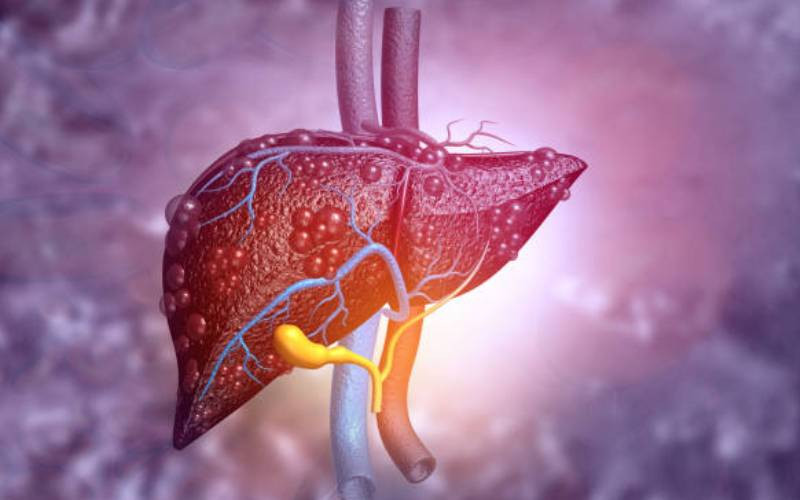×
The Standard e-Paper
Stay Informed, Even Offline

Hepatitis is an inflammation of the liver, a vital organ that processes nutrients, filters the blood and fights infections. When the liver is inflamed, or damaged, its functions can be affected.
Hepatitis is commonly caused by a viral infection, but toxins, certain drugs, alcoholism and bacterial infections can also cause hepatitis.